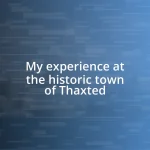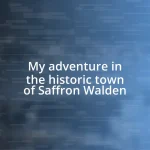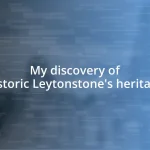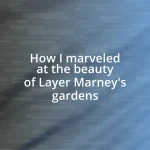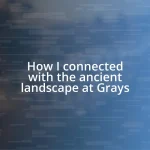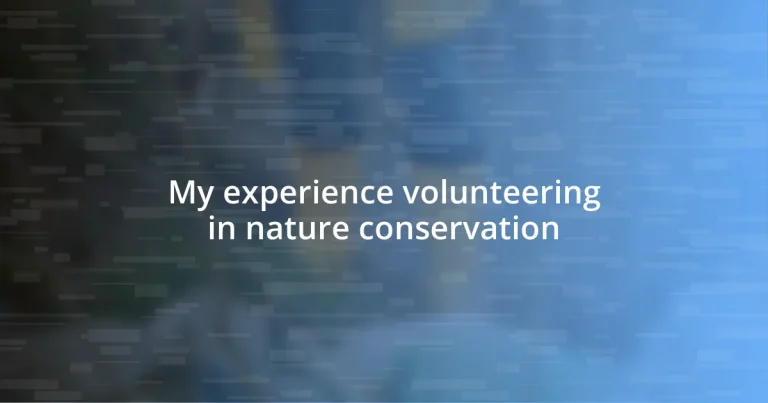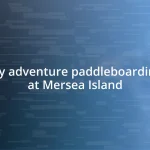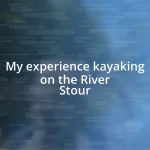Key takeaways:
- The emotional realization that preserving nature requires proactive efforts, sparked by witnessing litter in a pristine forest.
- Challenges in conservation work include balancing the needs of local communities, limited resources, and managing emotional tolls, which necessitate empathy and innovative thinking.
- Success stories from volunteering highlight the power of collective action, such as the impact of coastal cleanups and educational workshops on future generations of conservationists.
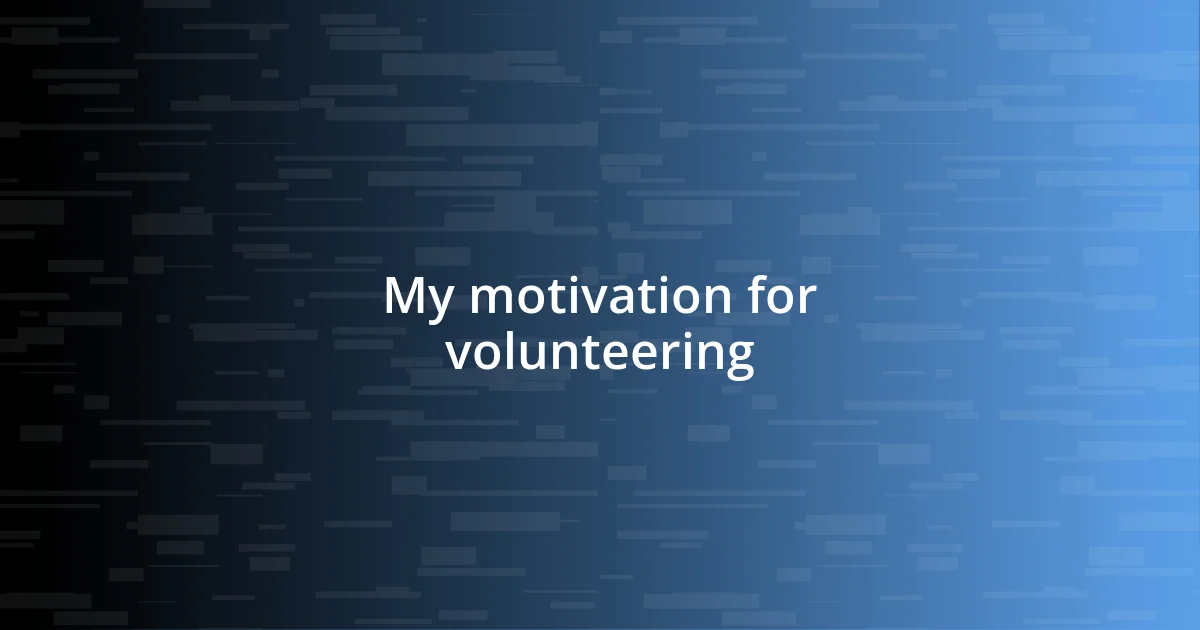
My motivation for volunteering
Volunteering in nature conservation has always felt like a calling for me. I remember a hiking trip where I was struck by the beauty of a pristine forest, but then I noticed some litter spoiling the view. That moment sparked an emotional realization: if we want to enjoy and protect these spaces, it’s up to us to take action.
One of my motivations is the deep connection I feel to the environment. I’ve often found solace in nature, be it during quiet moments by the river or while hiking up a mountain. When I think about how fragile these ecosystems are, I can’t help but wonder: what legacy do we want to leave for future generations?
Another driving factor is the sense of community that comes with volunteering. I’ve participated in local clean-up events where people from all walks of life have come together over a shared purpose. Those experiences have taught me that we can achieve so much more as a team, igniting a passion within me to contribute even further.
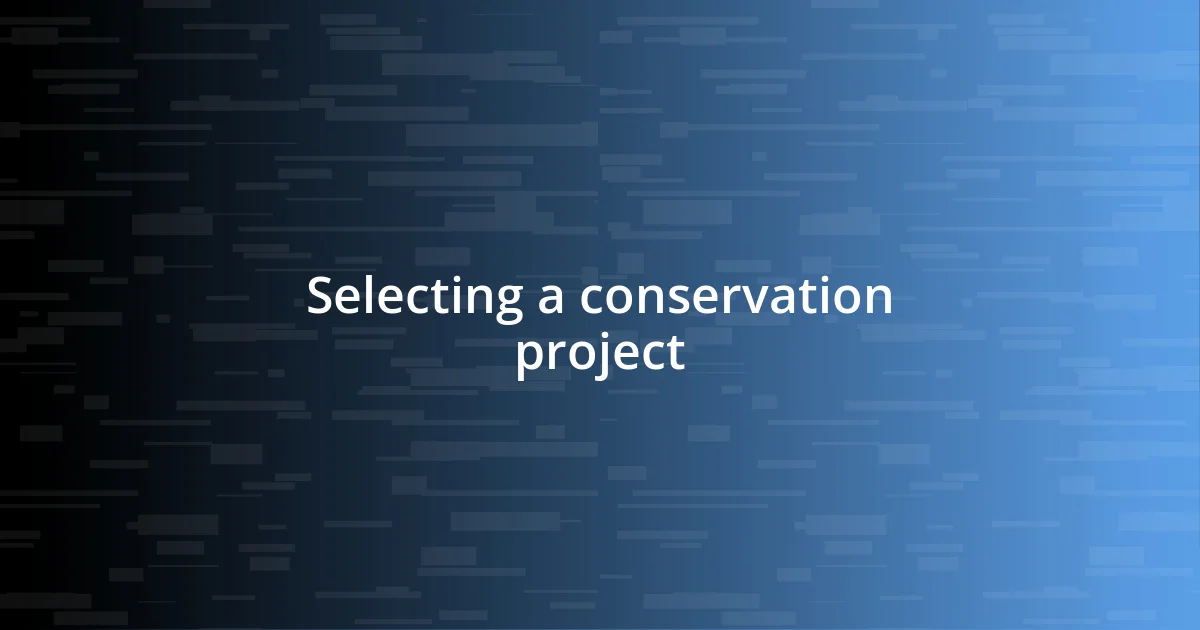
Selecting a conservation project
Choosing the right conservation project can feel overwhelming when faced with so many options. I’ve learned that aligning the project with my personal values and interests is key. For instance, I once picked a project focused on restoring native plant species. The work not only cultivated my love for botany but also deepened my understanding of how these plants support local wildlife.
Here are a few factors to consider when selecting a conservation project:
- Personal Interest: What nature-related causes resonate with you? For me, it was the restoration of wetlands after a particularly impactful trip to a marshland.
- Location: Do you want to volunteer close to home or abroad? I chose an international project that transformed my view of global conservation efforts.
- Time Commitment: Consider how much time you can dedicate. I found shorter projects fit better with my schedule, allowing me to balance work and volunteer efforts.
- Skill Development: What skills do you want to learn or enhance? Getting involved in wildlife tracking expanded my knowledge of animal behavior significantly.
- Community Impact: Explore how the project contributes to the local community. I was drawn to initiatives that not only focused on conservation but also engaged local residents in meaningful ways.
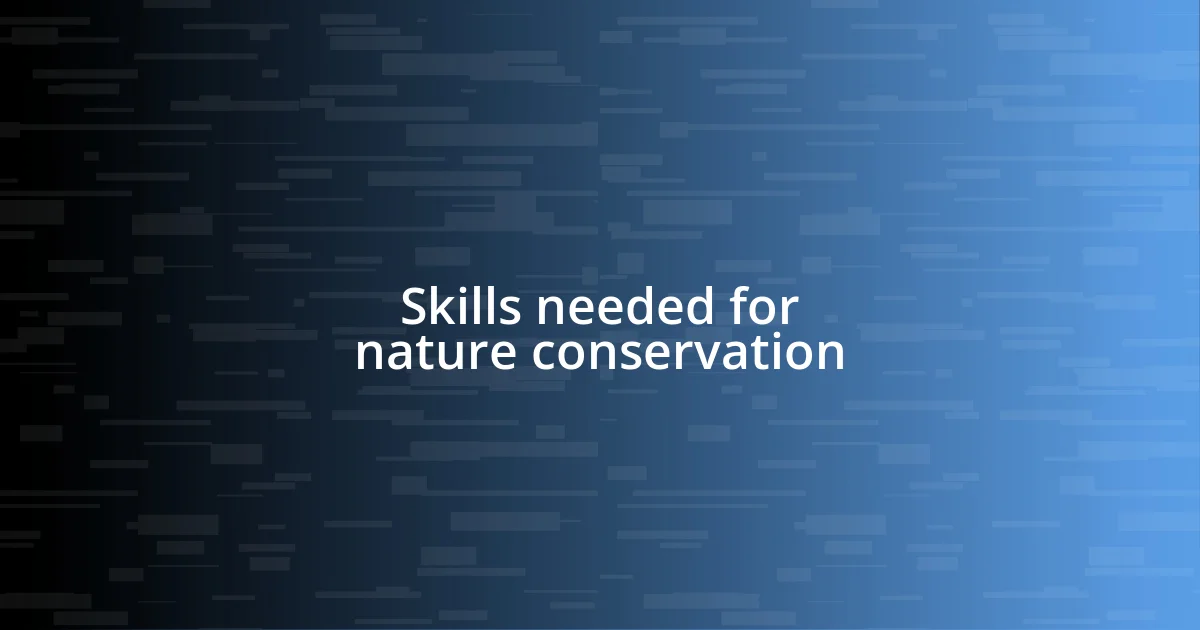
Skills needed for nature conservation
Understanding the skills needed for nature conservation is essential for anyone looking to make a meaningful contribution. One crucial skill is effective communication. During a recent project, I learned just how vital it is to convey ideas clearly. Whether it’s rallying volunteers or educating the public about conservation efforts, the ability to connect with diverse audiences can amplify the impact of our initiatives. I vividly remember a time when my team presented our findings to a local community. The way we shared our passion made people curious and eager to join us.
Another important skill is teamwork. Nature conservation often relies on collaboration with a variety of stakeholders, from local communities to governmental organizations. In one instance, I was part of a reforestation project where we had to team up with different volunteers. Each person brought unique strengths—some had excellent organizational skills while others were fantastic at hands-on work. This diverse blend of talents made our efforts not only effective but also enjoyable. The energy was infectious, and working together created bonds that felt like a shared family.
Lastly, adaptability plays a significant role in conservation projects. Nature is unpredictable, and being able to pivot quickly is a necessity. I recall a conservation effort that was disrupted by unexpected heavy rainfall. Instead of feeling frustrated, our team put our heads together and devised alternative strategies to continue our work. This not only taught me the importance of being flexible but also highlighted how challenges can bring out the best in a group.
| Skill | Description |
|---|---|
| Effective Communication | Conveying ideas clearly to mobilize volunteers and educate the public. |
| Teamwork | Collaborating with diverse groups to combine strengths for a common goal. |
| Adaptability | Being flexible to navigate unexpected challenges in conservation work. |
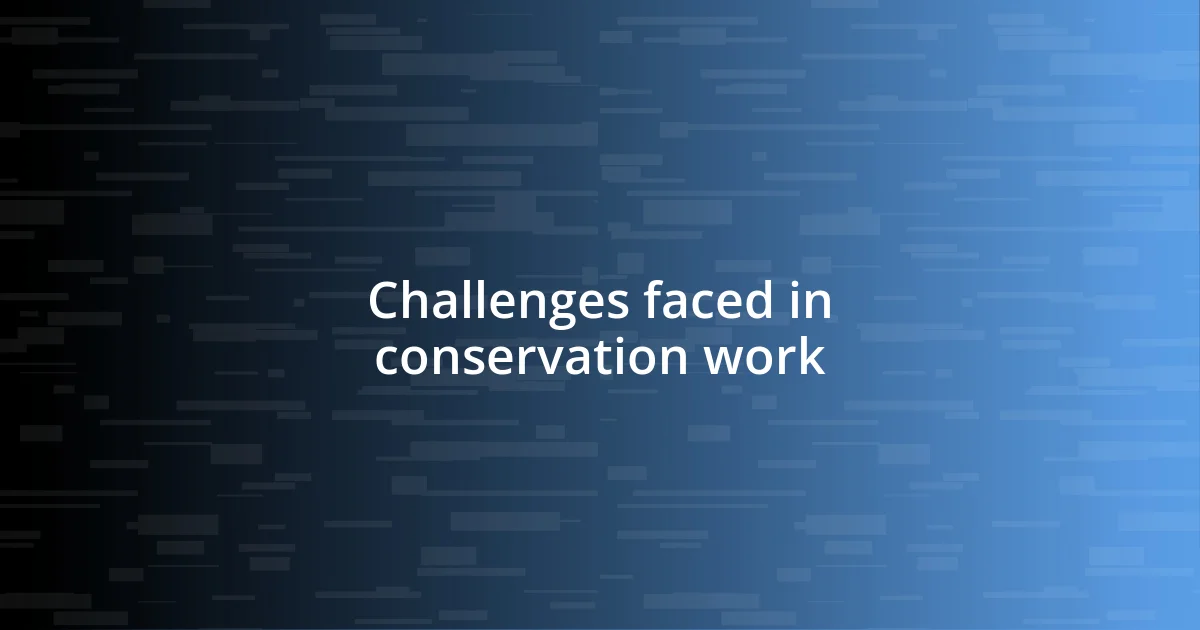
Challenges faced in conservation work
Engaging in conservation work comes with its fair share of challenges. One of the most significant hurdles I faced was the complex relationship between conservation efforts and the local communities. For instance, during one project, I witnessed firsthand the tension that arose when local residents relied on a forest for their livelihoods, even as we were trying to protect it. It made me think: how can we truly conserve nature if we don’t also consider the needs of the people living in harmony with it? This experience taught me that effective conservation requires more than just good intentions; it demands understanding, empathy, and communication.
Another challenge I often encountered was dealing with limited resources, whether that meant funding, manpower, or even materials. I remember a particularly tough day when our team had to get creative with recycled materials to build nesting boxes for birds. It was a frustrating situation that highlighted the lack of financial support for many conservation projects. But instead of letting this setback dampen our spirits, we rallied together and brainstormed new ideas. It made me realize that thinking outside the box can sometimes lead to innovative solutions that traditional funding can’t provide.
Finally, the emotional toll of conservation work cannot be overlooked. There were moments when I felt disheartened by the scale of environmental issues we faced. I vividly remember standing in a deforested area, surrounded by the remnants of once-thriving trees. It made me question whether our efforts were enough. But I found strength in connecting with like-minded individuals who shared my passion. Through our discussions, I learned that while challenges are inevitable, they also offer opportunities for growth and resilience—both for us as volunteers and for the ecosystems we strive to protect.
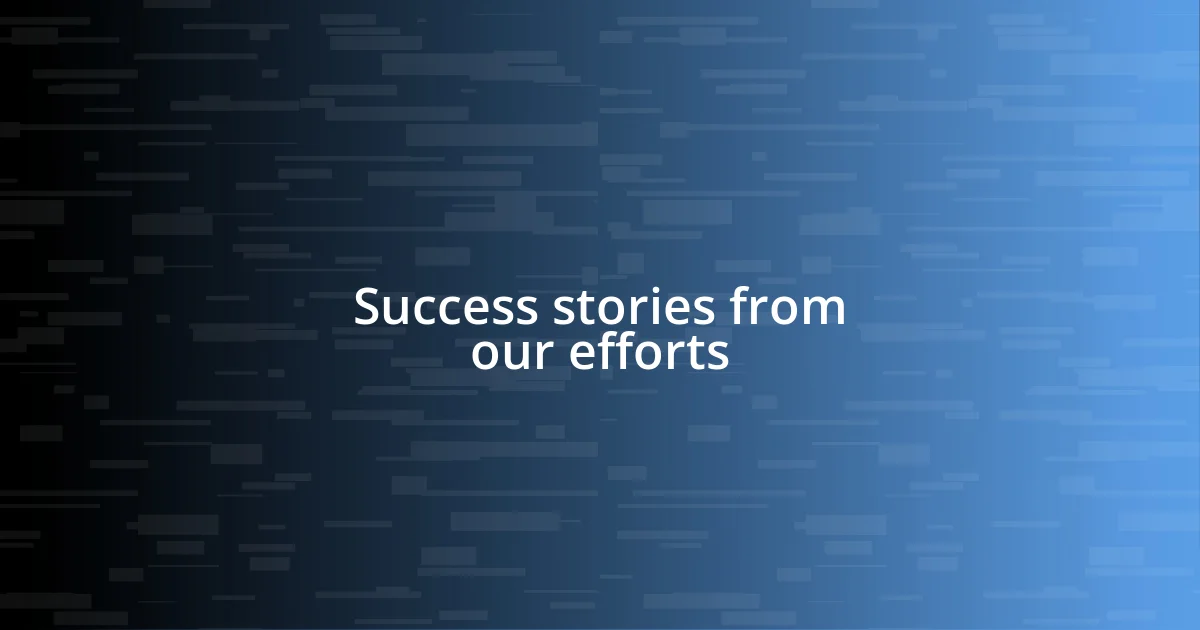
Success stories from our efforts
One of the standout success stories from my volunteering experience was during a coastal cleanup event. After hours of hard work alongside a dedicated team, we collected over 500 pounds of trash from the beach. As the sun began to set, I felt an overwhelming sense of accomplishment; not only was the beach cleaner, but I could see the joy on the faces of the families who could now enjoy a pristine seaside. It was a vivid reminder of how collective efforts can directly benefit the environment and the community.
Another remarkable achievement happened during a local tree-planting initiative. I vividly recall the moment when we planted the final sapling, and everyone erupted in cheers. Our goal was to add 1,000 trees to a deforested area, and we exceeded it by 200! Seeing those tiny trees nestled in the ground felt like a small act of rebellion against the destruction of our natural world. Reflecting on that day, I realized that success in conservation often comes from the incremental changes we contribute to, which, over time, create a significant impact.
Then there was the educational workshop we organized in a local school, aimed at inspiring the next generation of conservationists. Watching the kids’ eyes light up as we demonstrated how to build birdhouses made my heart swell with pride. It hit me that nurturing curiosity in young minds could be one of our greatest victories. Engaging with them in meaningful ways made me wonder: how many future advocates for nature are we planting the seeds for today? In that moment, I understood that our efforts extend far beyond immediate results; they shape the future of conservation.

